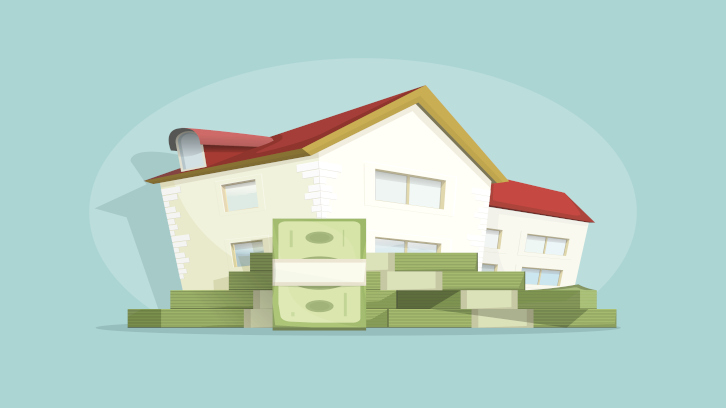How do tourist rentals affect the housing market in Barcelona?

Proliferation of tourist rentals presents two opposite mechanisms. On the one hand, it reverses the impact on the increase in price of long-term rentals and home purchases. On the other, in the areas where they are located there is an increase in problems with noise, deterioration and insecurity, causing a reduction in prices. A study carried out by researchers from the Department of Applied Economics, focused on the Airbnb platform between 2007 and 2017, assesses the final effect of vacation rentals on the housing market. The results suggest that this type of activity causes an increase in rent and purchase prices in the areas of the city where these accommodations are installed.
The increase in housing prices is one of the most important issues affecting cities. The economic cycle and the increase in the housing demand are traditional factors explaining the rise in housing prices and rents. Recently, the media focus has shifted to the role that new digital short-term rental platforms play in the proliferation of tourist apartments. But to what extent are tourist apartments responsible for the rise in rents and housing prices?
Intuitively, when residential housing is used to accommodate temporary visitors, these apartments are no longer available for traditional rent, and so the supply of long-term rental housing declines. The immediate consequence of this reduction in supply is an increase in rents and housing prices. On the other hand, the accommodation of tourists in residential buildings sometimes causes noise problems, deterioration of common areas, increased feelings of insecurity, etc. If these negative externalities are important, they end up moving into rents and housing prices causing them to fall. Given that these two mechanisms are opposed, it is not clear what the final impact of tourist apartments would be on housing prices and rents.
From the perspective of the Urban Economics, we have provided a scientific answer to this question. First, by developing a theoretical model that illustrates the partial effect of each of these two opposing mechanisms. Second, using an empirical econometric strategy based on the theoretical model that allows us to test with real data the final impact of tourist apartments on rents and housing prices. Specifically, we focus our empirical study on Barcelona’s housing market and on Airbnb, the first digital platform to facilitate tourist rentals in the city and which is the most important today. The data used to measure Airbnb activity comes from the InsideAirbnb website, which belongs to an internet user who has collected all the ads for different cities in the world at different times. In Barcelona, InsideAirbnb contains information that allows us to recreate Airbnb’s activity from its beginnings to the present day using the date of each review received. We then combined this data with information on housing prices and rents from the Wealth Transaction Tax (Impost de Transmissions Patrimonials, ITP) register and the Idealista website for the period 2007-2017.
The results indicate that the increase of tourist apartments caused part of the increase in housing prices and rents in Barcelona between 2007 and 2017. Specifically, for every 100 new Airbnb ads, rents and housing prices grew by 3.5% and 8.5%, respectively. If we take into account the average increase in Airbnb’s activity, the proliferation of tourist rentals explains the 4% and 20% increases in rents and prices, respectively, that Barcelona experienced. Because Airbnb’s presence in the city is not spatially homogeneous, the impacts at the neighborhood level are different. In this regard, while the effects are close to zero in the less central neighborhoods with fewer tourist apartments, in the central areas with more ads, Airbnb increased rents and housing prices by 7% and 20%, respectively.
Miquel Ángel Garcia-Lópeza, Jordi Jofre-Monsenyb, Rodrigo Martínez-Mazzab, Mariona Segúc
aUniversitat Autònoma de Barcelona and Institut d’Economia de Barcelona
bUniversitat de Barcelona and Institut d’Economia de Barcelona
cRITM, Université Paris-Saclay and Institut National d'Études Démographiques (INED), France
miquelangelgarcialopez.wordpress.com/
References
Garcia-López, M. A.a, Jofre-Monseny, J.b, Martínez-Mazza, R.b Segú, M.c. 2020. Do short-term rental platforms affect housing markets? Evidence from Airbnb in Barcelona. Journal of Urban Economics, Volume 119, doi: https://doi.org/10.1016/j.jue.2020.103278

